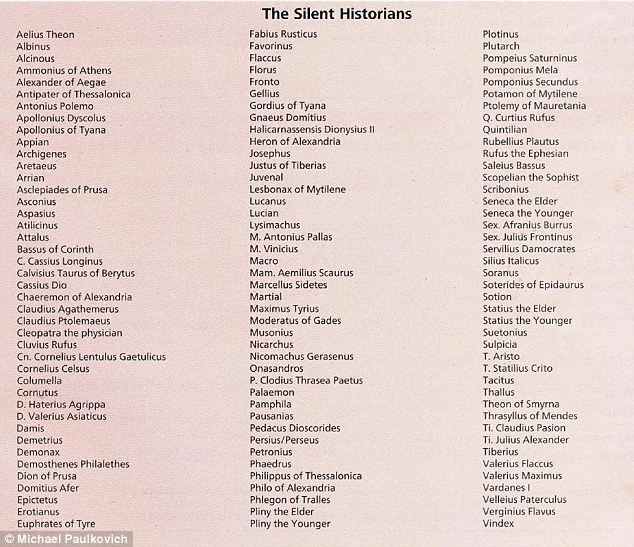The Coup
Premiership Player
- Sep 4, 2014
- 3,641
- 1,682
- AFL Club
- Melbourne
- Thread starter
- Banned
- #76
That's a matter of opinion. I consider it a spectacular Robin-Hood-level bullseye.
Fair enough. I'd say modern theology is a bit more involved than just that.
Being able to read Ahramaic and Ancient Greek etc is pretty handy when interpreting all the most important books by number of fans. then applying it to modern settings, or even trying to extrapolate the language to try and find the true meaning of the words...
Very handy if you ask me. Moreso than investment banking, for example.





